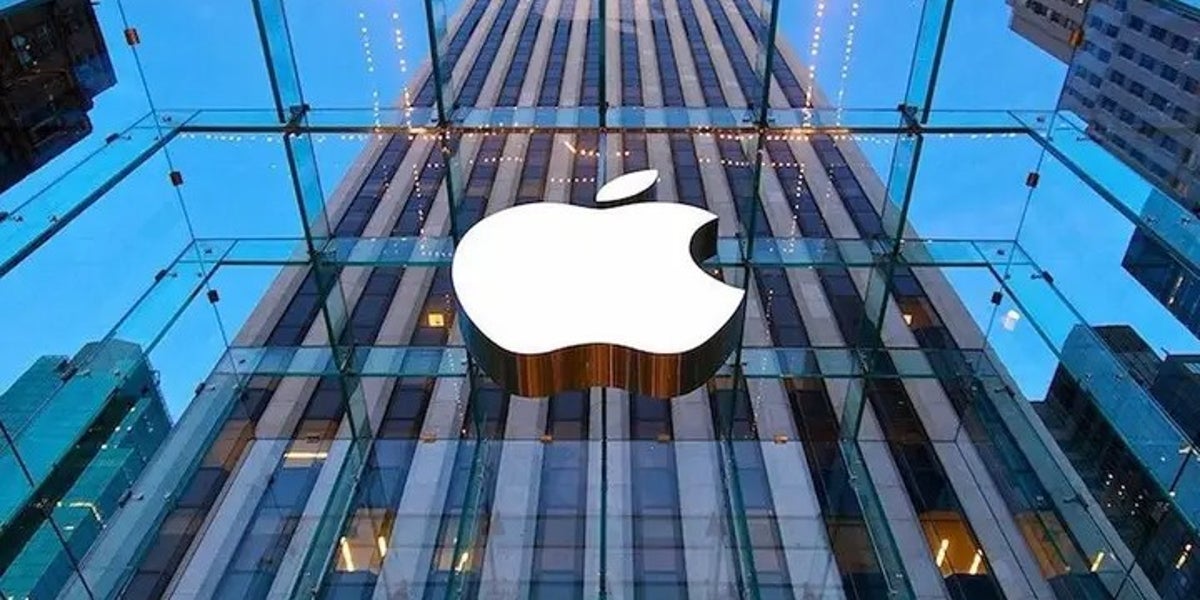The Ongoing Legal Saga: Apple vs. Epic Games and the App Store’s Future
The legal battle between Apple and Epic Games continues to shape the landscape of the App Store, with recent court decisions adding new layers to this complex dispute. At the heart of the matter lies Apple’s control over app distribution and in-app purchases on its iOS platform, a control that Epic Games has vehemently challenged since 2020. The latest development sees a U.S. Court of Appeals denying Apple’s emergency motion to pause App Store rule changes, marking a significant win for developers like Epic Games, Spotify, and Patreon. This decision allows these companies to continue directing users to external payment options, bypassing Apple’s commission fees.
Background of the Dispute
The conflict ignited when Epic Games, the creator of the popular game Fortnite, attempted to circumvent Apple’s in-app purchase system by introducing its own payment method. This move violated Apple’s App Store policies, leading to Fortnite’s removal from the platform. Epic Games responded by filing an antitrust lawsuit against Apple, alleging that the tech giant’s App Store practices are monopolistic and stifle competition.
The Initial Ruling and Apple’s Response
In 2021, Judge Yvonne Gonzalez Rogers ruled that Apple’s anti-steering rules, which prevented developers from informing users about alternative payment methods, violated California’s Unfair Competition Law. The court ordered Apple to allow developers to direct users to external payment options. While Apple largely prevailed in the case, this particular ruling struck a blow to its control over the App Store ecosystem.
Apple’s initial compliance with the order was met with criticism. The company implemented new restrictions and fees, including a 27% commission on purchases made through external links. Judge Gonzalez Rogers found Apple in “willful violation” of the original injunction, stating that the company had deliberately attempted to circumvent the order to maintain its revenue stream.
Apple’s Emergency Motion and the Court’s Decision
Faced with mounting pressure to fully comply with the court’s order, Apple filed an emergency motion seeking to pause the App Store rule changes while it pursued a full appeal. The company argued that the changes would cause “irreparable harm” by interfering with its ability to control its business operations and forcing it to provide free access to its services. Apple also claimed that maintaining the current rules would cost it “hundreds of millions to billions” of dollars annually.
However, the U.S. Court of Appeals for the Ninth Circuit rejected Apple’s motion. The court stated that Apple had failed to prove that its appeal was likely to succeed and that it would be irreparably injured without a stay. The court also considered the potential harm to other parties and the public interest, ultimately concluding that a stay was not appropriate.
This decision means that Apple must immediately comply with the court’s order to allow developers to direct users to external payment options without restrictions or fees. Developers are now free to use any language or design for buttons and links to web purchase options.
Implications for Developers and Consumers
The court’s decision has significant implications for developers and consumers alike. Developers can now offer better deals and payment methods to consumers without being subjected to Apple’s commission fees. This increased competition could lead to lower prices and more choices for consumers.
Epic Games CEO Tim Sweeney hailed the ruling as the end of the “long national nightmare of the Apple tax.” The company has already reinstated Fortnite on the App Store, offering users the ability to purchase in-game items directly from Epic without paying Apple’s commission.
Other developers, such as Spotify and Patreon, are also expected to take advantage of the new rules to offer their services at lower prices. For example, users may now be able to subscribe to YouTube Premium at a lower cost through a web browser than through the App Store.
Apple’s Stance and Future Legal Battles
Despite the recent setback, Apple remains committed to defending its App Store policies. The company has stated that it is disappointed with the court’s decision and will continue to argue its case during the appeals process.
Apple argues that its App Store policies are necessary to protect user privacy and security, ensure a high-quality app experience, and provide a level playing field for developers. The company also claims that its commission fees are essential to cover the costs of maintaining the App Store and investing in new features and technologies.
The legal battle between Apple and Epic Games is far from over. The appeals process could take months or even years to resolve. In the meantime, the App Store landscape will continue to evolve as developers and consumers adapt to the new rules.
The Bigger Picture: Antitrust Concerns and the Digital Economy
The Apple vs. Epic Games case is just one example of the growing scrutiny of tech giants and their control over digital marketplaces. Antitrust regulators around the world are increasingly focused on the potential for these companies to stifle competition and harm consumers.
The outcome of this case could have far-reaching implications for the entire digital economy. If Apple is ultimately forced to loosen its grip on the App Store, it could pave the way for similar challenges to other tech platforms, such as Google Play and Amazon Appstore. This could lead to a more open and competitive digital marketplace, benefiting both developers and consumers.
Conclusion: A Shifting Landscape
The denial of Apple’s emergency motion marks a significant turning point in the Apple vs. Epic Games legal battle. While the final outcome remains uncertain, the decision has already had a tangible impact on the App Store ecosystem, empowering developers and potentially leading to lower prices and more choices for consumers. The case underscores the growing antitrust concerns surrounding tech giants and their control over digital marketplaces, signaling a potential shift towards a more open and competitive digital economy. As the legal battle continues, the App Store landscape will undoubtedly continue to evolve, shaping the future of app distribution and in-app purchases for years to come.

